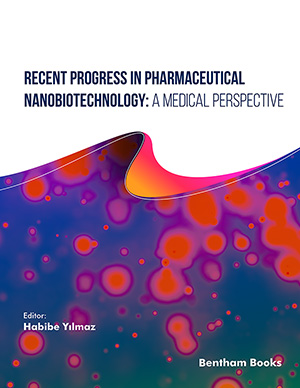Abstract
The activities of carnosine (β-alanyl-L-histidine), carnosine imidazole containing dipeptide based derivatives (N-acetylcarnosine, carcinine, homocarnosine) and a carnosine degrading enzyme (serum carnosinase (EC 3.4.13.20); [human tissue carnosinase (EC 3.4.13.3), CN2 (CNDP2)] ) activities have been discrepantly linked to neuropathophysiological processes. Approximately 82% of the U.S. population will experience normal age-related cognitive decline, as compared to the precipitous losses that are associated with dementing disorders. Interventions designed to promote health and function through everyday activity and specific pharmaco-nutritional therapeutic treatments may enhance brain plasticity in key regions that support executive function. Cognitive health is multidimensional cascade of functions. It encompasses an array of functions, including general intellectual ability, memory, language, allowing a person to interact effectively and appropriately with the environment. The risk factors for reduced physical and cognitive functions in elderly people, as identified in longitudinal studies, relate to comorbidities, critical care situations, physical and psychosocial health, environmental conditions, social circumstances, nutrition, and lifestyle. Depression and dementia are both common in older adults; cognitive functioning declines slightly with normal aging; depression itself can be associated with cognitive impairment and dementia. In this study the role of carnosine and related neuron specific naturally-occurring endogenous imidazole-containing dipeptide pharmacoperones (N-acetylcarnosine, carcinine) is revealed presently in a surprisingly large amounts in long-lived human tissues to correct conformational abnormalities leading to distinct neurodegeneration and age-related disease states, treating cognitive deficits, depression and intellectual disabilities. Carnosine serves as a physiological buffering agent and a metal ion (e.g., zinc and copper) chelator, endowed with ferroxidase type activity; possess anti-aging functions, and free-radical scavenging activity, is capable of delaying senescence and extending the life-span of cultured human fibroblasts; is able to kill transformed cells and protect cells against aldehydes and amyloid peptide fragment. Carnosine and carcinine exhibit a well-documented anti-glycating activity against the glycation of proteins, including low-density lipoproteins, glucose degradation products, esterase, histones. A tissue carnosine-degrading enzyme (CN2) colocalized with the activity of histidine decarboxylase to histamine neurons in the hypothalamic tuberomammillary nucleus (TMN) plays a key role in the neuro-transmission and neuroregulation roles of imidazole-containing based dipeptides. Carnosine released from skeletal muscle during exercise may be transported into TMN-histamine neurons and hydrolyzed. Timing of carnosine present in the chicken broth, the specific patented nutraceutical composition (Can-C PlusTM), 1% N-acetylcarnosine lubricant eye drops or 1% carcinine lubricant eye drops formulations are important targeting posology vehicles that are involved in many CNS functions through the central brain histamine system including the vision enhancement functions, physiological regulation of cognitive functions, arousal; anxiety; activation of the sympathetic nervous system; the stress-related release of hormones from the pituitary and of central aminergic neurotransmitters; antinociception; water retention and suppression of eating. The roles for the carnosine-stimulated/mediated neuronal histamine system are proposed as a danger and physiological response system active in protection from neurodegenerative diseases and in management of cognitive deficits, depression and intellectual disabilities.
Keywords: Biochemical, biomedical and metabolic aspects of imidazole-containing dipeptides, chicken broth, depression and intellectual disabilities, neurodegenerative diseases, neurotherapeutic pharmaceutical biotechnology, non-hydrolized carnosine, treating cognitive deficits, various states of mental well-being.




























